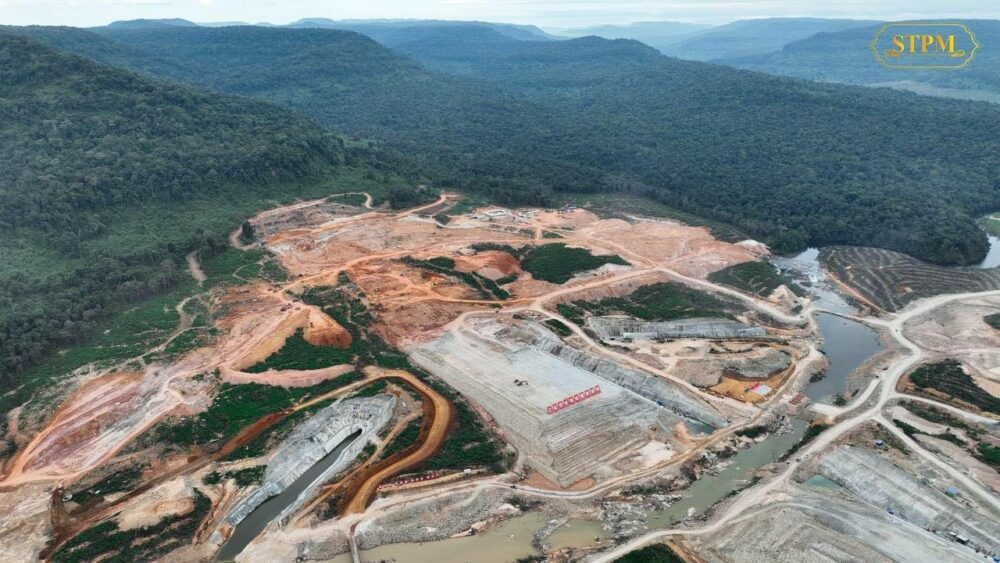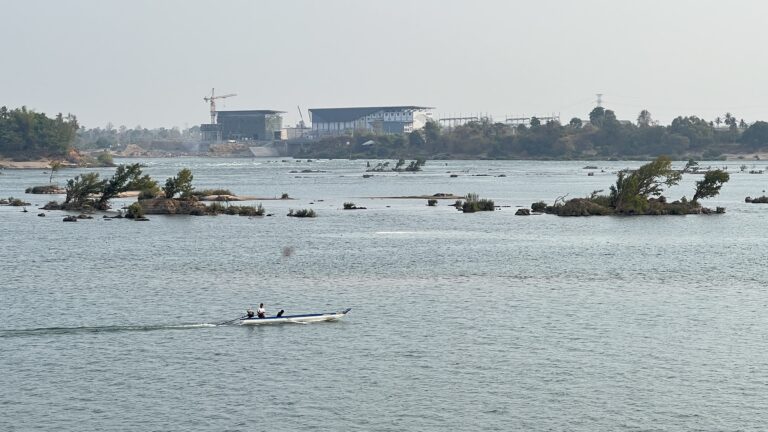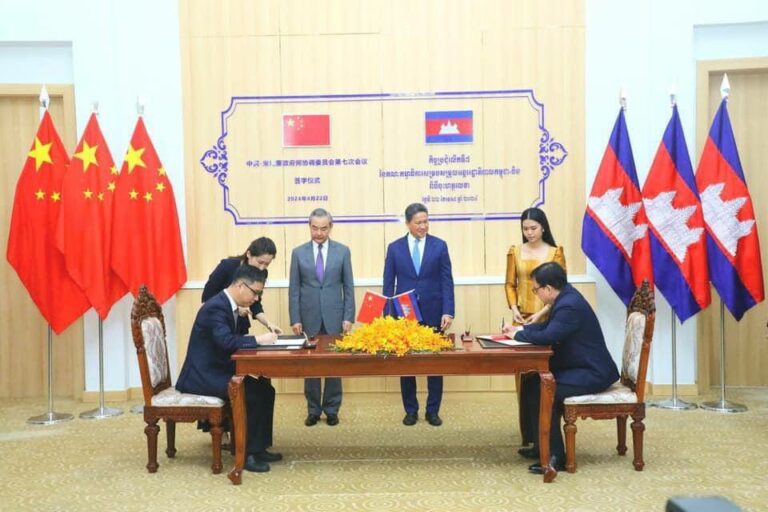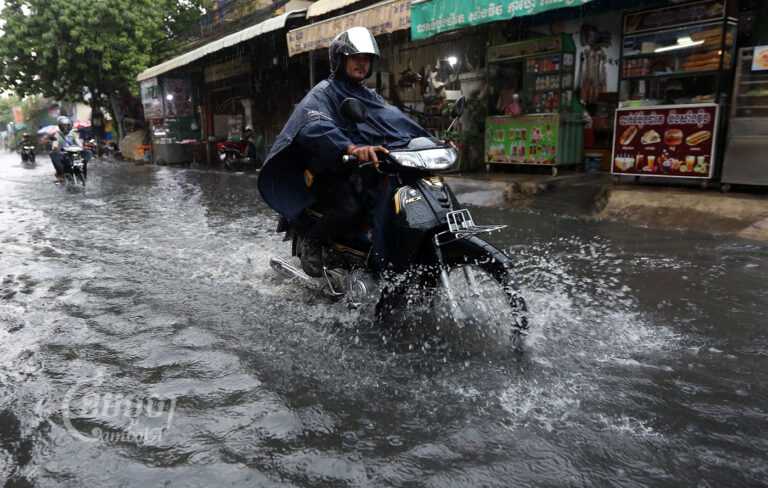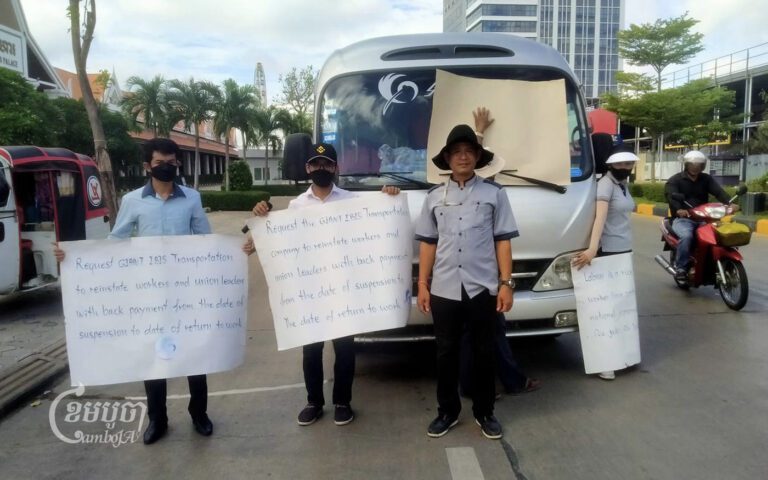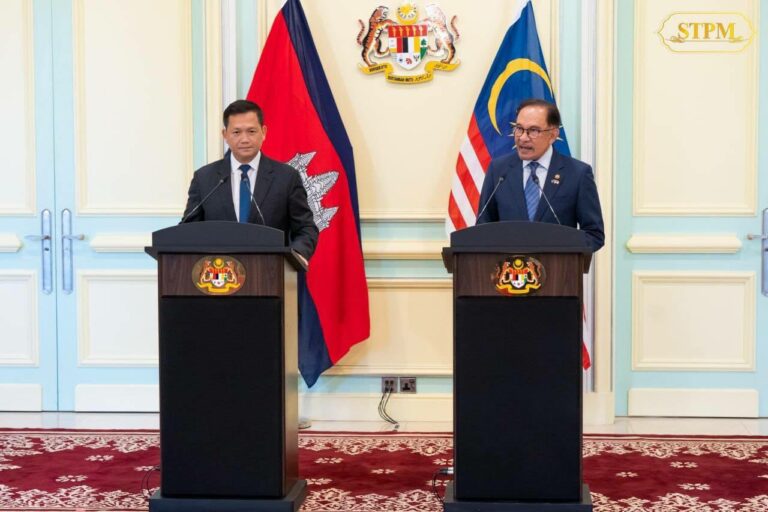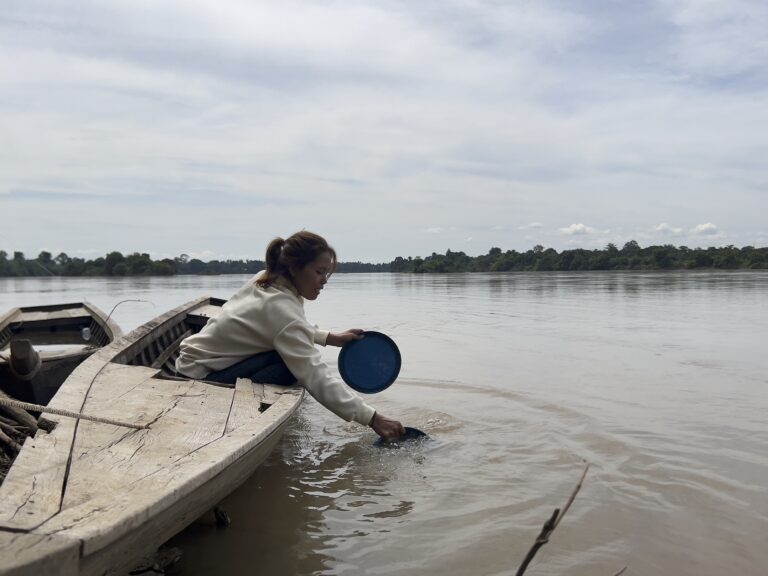The new government has abandoned plans to build a $1.5 billion 700-megawatt (MW) coal-fired power project in Botum Sakor district, Koh Kong province, deciding instead to develop a liquefied natural gas (LNG) power plant.
Prime Minister Hun Manet said this on Thursday at the Tatai River damming ceremony to facilitate the flooding of the 150MW Stung Tatai Leu hydropower dam in Koh Kong province. This cancellation of the coal-powered project was in accordance with the National Policy on Energy Efficiency 2022-2030, where Cambodia aims to use 70 percent clean energy by 2030 and turn the nation into a clean energy destination for tourism and investment. It also falls in line with Cambodia’s declaration to stop developing coal-fired plants during the UN Climate Change Conference (26th Conference of Parties) in Glasgow, Scotland in 2021.
“I would like to inform you that on November 2, 2023 I had decided to cancel the development project of a 700-megawatt coal-fired power plant in Botum Sakor. I have authorized the Ministry of Mines and Energy to discuss with investment companies regarding the potential conversion of the coal-fired power plant into a low-carbon LNG project,” Hun Manet said.
In view of its responsibility to the people and nation, the new government will ensure the growth of people’s income and economy, take responsibility for developments while critically considering their impacts, and be conscious of global environmental impacts and climate change.
Hun Manet said while development is inevitable, its impacts require careful consideration. “I would like to inform you that the seventh-mandate government, following the path set by [former premier] Hun Sen, will refrain from directly initiating any hydropower projects on the Mekong River to protect its ecosystem and natural environment.”
The 700MW coal-fired plant was approved by the government pursuant to a sub-decree issued on August 6, 2020, with the allocation of a 168-hectare land in the Botum Sakor National Park in Koh Kong to Royal Group of Companies.
The first phase of the construction was to be completed in 36 months while the second phase would take 48 months. The plant was expected to generate electricity in 2023 or 2024, the company said.
Kith Meng, chairman and CEO of the Royal Group did not respond to questions by CamboJA.
Out Latin, project coordinator of Cambodia Youth Network Association (CYN), said he is glad that the new government is carefully reviewing approvals of or investments in dam-building along the Mekong River and in Botum Sakor. The CYN has previously worked with locals along the river, such as in Kratie and Stung Treng provinces to strengthen its capacity and document positive and negative impacts of hydropower development.
“We have also called on the government to stop building dams along the Mekong because it will have a serious impact on biodiversity and create environmental problems, as well as affect people’s livelihood,” said Latin.
Environmental activist Thon Ratha supported Hun Manet’s promise to disallow hydropower constructions along the Mekong, noting that dams have many negative consequences, including deforestation and the eviction of people with poor compensation. “However, neither government [Hun Manet and Hun Sen’s governments] seems to have talked about the impact of dams. They mostly mention their benefits,” he said.
While Ratha does not oppose the development of power plants as electricity is important for nation building, he wants the government to choose alternatives which are better than building hydropower dams and coal-fired power plants. These alternatives include switching to solar panels or wind turbines. “The government should consider alternative energy sources instead of generating electricity [via coal and hydropower plants], which has a serious impact on the environment and society,” Ratha stressed.
According to Freshnews, the $400 million Stung Tatai Leu hydropower dam project was invested by Cambodian Upper Tatay Hydropower Co Ltd, a subsidiary of China National Heavy Machinery Industry Corporation (Sinomach), which is expected to be completed in four years.
Cambodia currently has seven major hydropower dams that supply electricity throughout the country. They consists of Kirirom 1 Hydropower Plant, Kamchay Hydropower, Kirirom 3 Hydropower Plant, Stung Russey Chrum Krom Hydropower, Stung Atay Hydropower, Stung Tatai Hydropower, and Lower Sesan 2 Hydropower.


